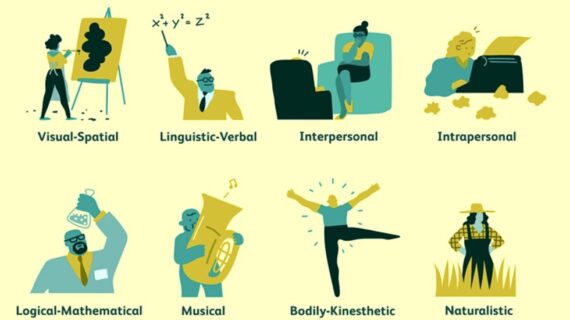5 lessons from a language coach
Language coaching is a new and fast-developing discipline which offers new niches and original approaches. It tackles the endeavor of language acquisition however it’s not solely about language. Just like other types of coaching, language coaching taps into diverse elements of lived experience of the coachee, it is never about just one aspect of coachee’s life in isolation.
Language is a complex system that is connected strongly to our emotions and engages different parts of the brain simultaneously. Language coaching entails working with the whole mind and will often explore the behaviour and psychology of the learner.
For this reason I want to share these 5 lessons language coaching offers that affect much more than the language acquisition process.
Lesson 1. Know your brain.
Language learning can be so much more effective if we pay attention to how our brain works. There are some well-known ways to help us activate the brain or enhance certain learning results (e.g. spaced repetition method, breathing techniques for right-left brain coherence, memory association techniques etc.). However, every brain is unique and knowing how our individual brain works can bring clarity, and make us more productive in our learning.
Lesson 2. Know your emotions.
Emotions affect more than ninety percent of our decisions! This curious statistic alone should probably be enough to make us realize how important it is to pay attention to what we are feeling. In language learning emotions play a fundamental role, our communication and relationships with others are rife with emotional triggers that can alter the way we comprehend information and express ourselves. Our choice of words, intonation and voice can influence our success in personal and professional relationships.
Language is a central piece in social interactions, so it’s not a surprise that many learners experience a block when they freeze and can’t speak in a foreign language. (I wonder if you have ever been there. I have!)
Whenever we explore this speaking barrier with my clients we inevitably find deeply stored emotions that hinder self-expression and connection to others. Very often we don’t need to improve our language level, but we do need to become aware of what we are feeling when we are speaking the new language.
Lesson 3. Give yourself the time you need.
It would be wonderful to learn a language in just a few months the way the glossy ads we see so much of promise. However, in reality, it takes time. When we are tackling such a complex subject as language we realize that there is always some element we don’t yet understand.
Learning a new language requires us to develop a multitude of new skills and the flawed expectation that we will do this quickly will only slow our progress, because our brain learns best when it is in a safe and relaxed state. By allowing ourselves to take the time to perfect those skills we will take off a lot of pressure, which will improve our learning results.
Lesson 4. Appreciate your mistakes.
The fear of speaking is often a fear of making a mistake. The real goal a language learner has is not to know the language; it is to achieve the related goals we set for ourselves like getting a job or reading books in the original language. The language itself is not the destination, it’s a tool and our focus needs to be on how to apply the skills we have already acquired to reach the objectives we have defined.
If we speak a foreign language we will inevitably make mistakes from time to time but if we decide to accept this, we will have a chance to learn, to progress, and to practise being humble. And that’s no small achievement!
Lesson 5. You create yourself.
One who speaks only one language is one person, but one who speaks two languages is two people.
– Turkish Proverb
We are not the same person when we speak a foreign language. When I say this I don’t mean we become a completely different person, but that we really do develop a different personality.
A lot of bilingual people notice that they ‘feel differently’ when speaking different languages. Our behaviour, thoughts, perceptions, and even body language may alter significantly. Most of the time our tone of voice will also be different. The words we use, and for that matter the topics we choose to discuss can vary as a result of the language we are speaking. We can also realize that it feels more natural for us to be confident and assertive in one language, while we are friendlier or funnier in another.
Why is that? Different languages activate sets of rules and personality traits that are associated with different cultures. Our brain is really complex, and it can adopt to cultural norms as soon as we switch languages. If we are aware of this phenomenon, we are able to take control and consciously create the personality we want to have when speaking a foreign language. And of course, this brings the added benefit of giving us perspective on who we are when we speak our native language, too!








